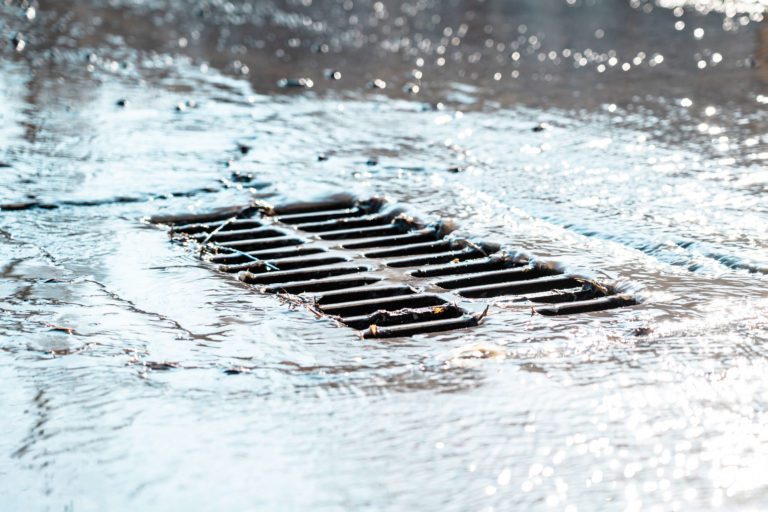Climate change is a pressing issue that affects the entire planet. One of the most significant consequences of climate change is the increase in stormwater runoff. As weather patterns become more unpredictable and intense, the amount of rainfall and the frequency of extreme weather events are rising. This increase in stormwater runoff presents significant challenges for communities, cities, and towns.
In this article, we will explore the impact of climate change on stormwater runoff and discuss strategies that can be used to manage this issue effectively. Whether you are a homeowner or a decision-maker in your community, this information will help you understand the steps you can take to mitigate the impact of climate change on stormwater runoff.
Plan for More Green Infrastructure
One effective strategy for managing stormwater runoff in the face of climate change is to implement more green infrastructure. Green infrastructure refers to natural or semi-natural systems that manage stormwater and improve water quality. Examples include rain gardens, bioswales, green roofs, and permeable pavement. These systems help slow down and absorb stormwater, allowing it to infiltrate the ground rather than simply running off into nearby waterways.
Green infrastructure has numerous benefits, including reducing flood risk, improving water quality, and enhancing biodiversity. Additionally, green infrastructure can provide other benefits, such as improving air quality, reducing urban heat island effects, and enhancing the aesthetic appeal of neighbourhoods and communities.
Implement Stormwater Management Plans
Another critical strategy for managing stormwater runoff in the face of climate change is to implement stormwater management plans. These plans should be developed at the community or city level to address the specific challenges and risks associated with stormwater runoff in that area.
Stormwater management plans typically include a range of strategies, including using green infrastructure, installing stormwater detention or retention ponds, and developing floodplain management programs. These plans should be regularly updated to reflect changing weather patterns and other factors that may impact stormwater runoff in the area.
Increase Public Awareness and Education
Increasing public awareness and education is another essential strategy for managing stormwater runoff in the face of climate change. Many people are unaware of how their daily activities, such as washing their cars or using pesticides on their lawns, can impact stormwater runoff and water quality. By educating the public about the importance of stormwater management and providing them with simple tips and strategies for reducing their impact, communities can help to reduce the amount of stormwater runoff and improve water quality.
Use Low-Impact Development Strategies
Low-impact development (LID) strategies are another effective way to manage stormwater runoff in the face of climate change. LID strategies aim to mimic natural processes and reduce the impact of development on the environment. Examples of LID strategies include using permeable pavement, installing green roofs, and creating bioswales or rain gardens. These strategies can help reduce the amount of stormwater runoff and improve water quality while providing other benefits, such as reducing urban heat island effects and improving air quality.
Conclusion
In conclusion, climate change is causing significant challenges for communities, cities, and towns in managing stormwater runoff. However, by implementing strategies such as green infrastructure, stormwater management plans, and increasing public awareness and education, we can effectively address this issue and reduce the impact of climate change on our water resources. As individuals, we can also take simple steps such as reducing our water usage, properly disposing of hazardous materials, and planting native vegetation to help reduce our impact on stormwater runoff.
If you are looking for steel drainage, contact Yeti Civil Products. We proudly offer you the best possible solutions and systems using high-quality, long-lasting stainless steel drains and grates to prepare your property for stormwater runoff.

